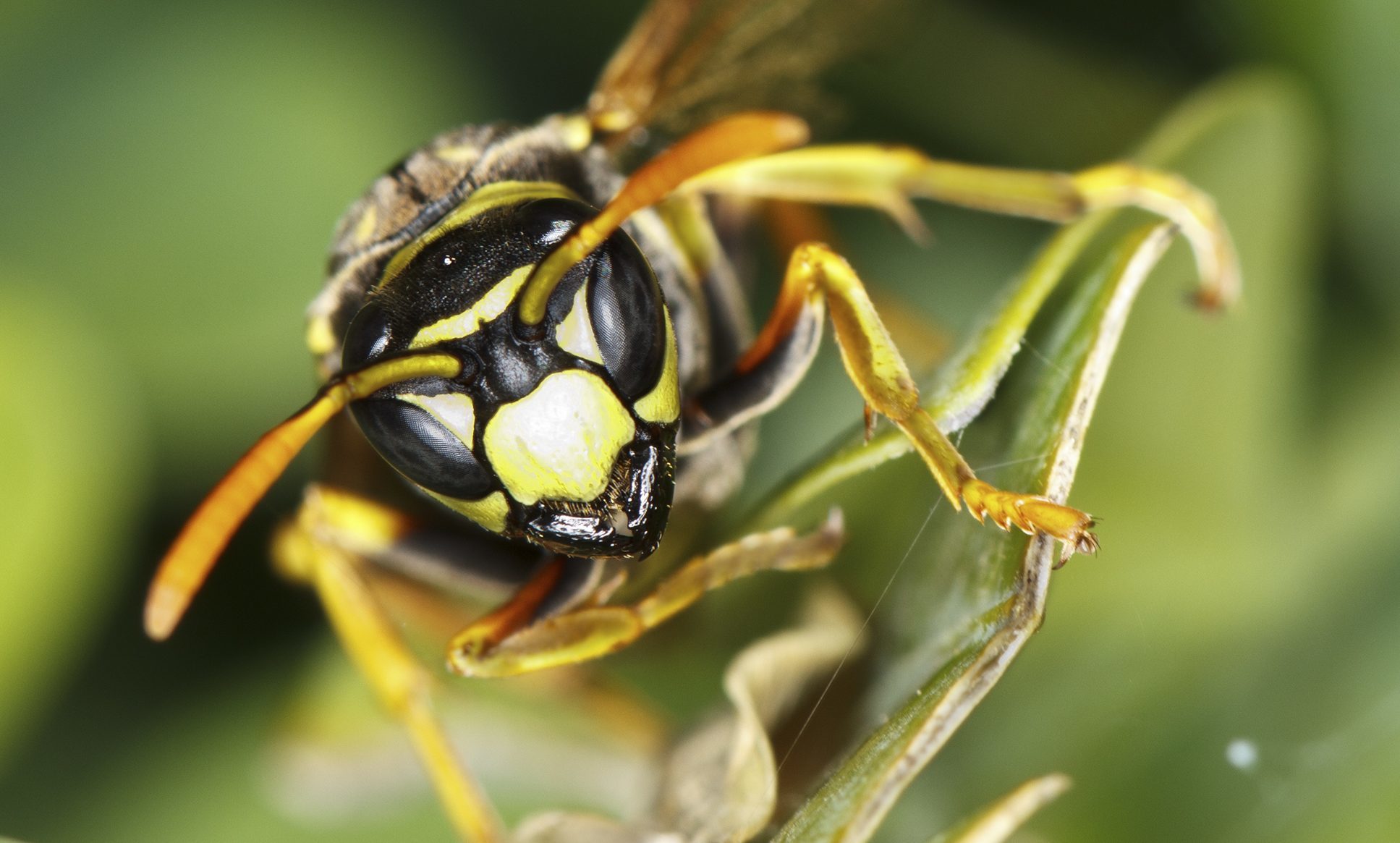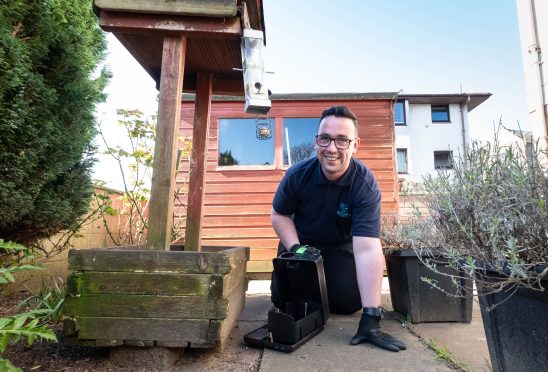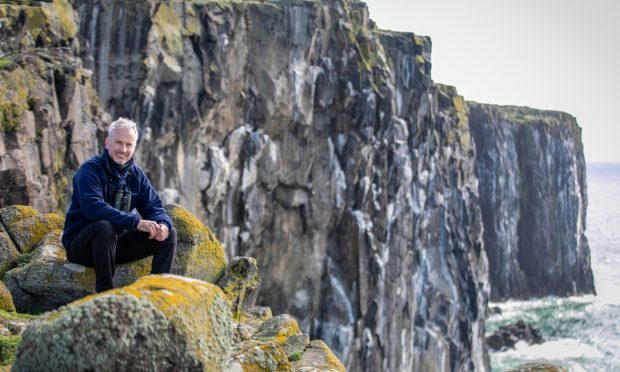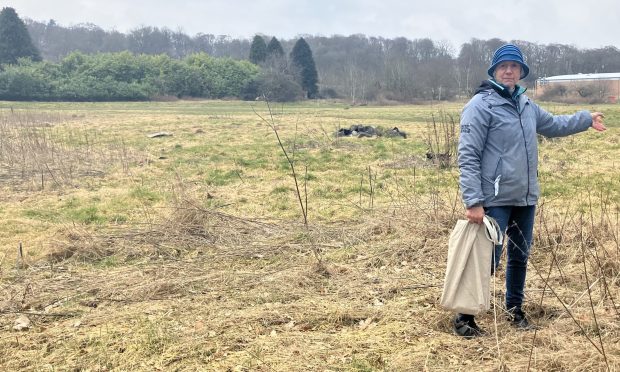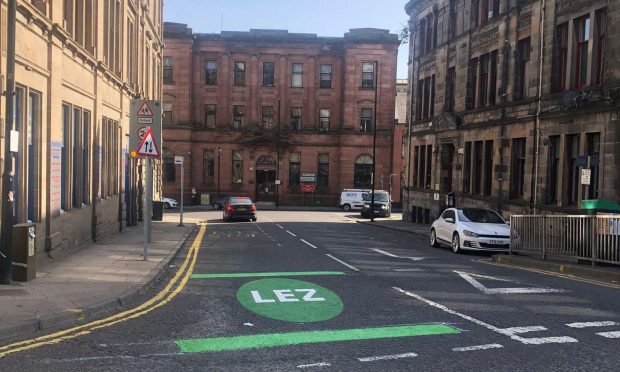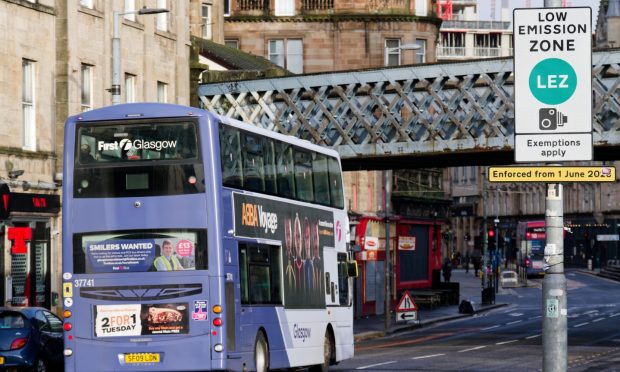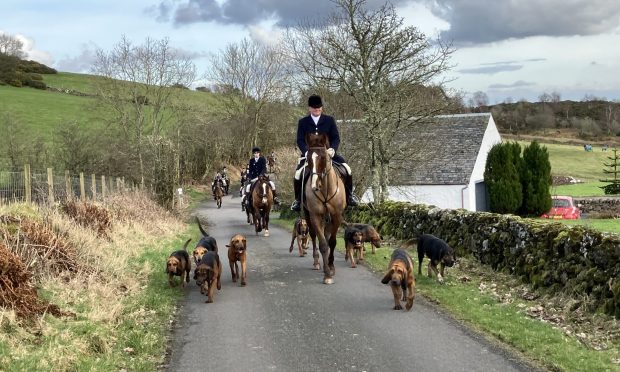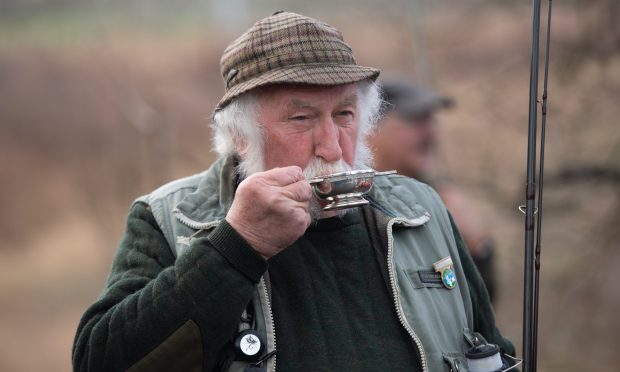Wasps play a vital role in controlling pests and without them garden plants and crops would be stripped bare, according to experts.
The insects are natural predators for a range of pests that plague gardens and farms, including greenfly, caterpillars and flies.
They may be irritating during summer picnics, they sting you without provocation and they make sitting in a pub garden a misery but wasps play a vital role in maintaining our ecosystem.
There are 100,000 species of wasp across the world – from the common yellow jacket to the fearsome tarantula hawk wasp – and 9,000 different types in the UK.
Dr Seirian Sumner, a leading expert on wasps, said that the yellow jacket wasp – the black and yellow insect often seen buzzing around British gardens – eats 8kg of prey each season.
“Wasps are useful and they are essential. The reason for this is that they are predators,” she said.
“Think of wasps as natural capital. There are 30,000 predatory species of wasp and the social wasp group are particularly important as predators simply because of the number of individuals each colony has.
“Social wasps will eat anything and they will pretty much go for any kind of material out there and that makes them incredibly valuable to our ecosystem.
“They control pests and eat the things we hate. We hate spiders and we hate cockroaches.
“We do not know the quantitative value of wasps. We know a lot about bees but if we get rid of wasps we won’t have any predators.
They control pests and eat the things we hate. We hate spiders and we hate cockroaches.
“A study has shown that 8kg of prey, per hectare, is taken by the yellow jacket wasp each season.
“I did a back of an envelope calculation for the UK and came up with this figure of 14 million kilogrammes of insect biomass per UK summer removed by the yellow jacket wasps.
“That is why you should love wasps.”
Dr Sumner, an entomologist at Bristol University, was discussing the importance of wasps during an event at the Cheltenham Science Festival with biologist Professor Adam Hart and zoologist Jules Howard.
She said that another benefit of wasps was as food because they were high in protein and around three billion people across the world regularly eat insects.
“In China the vast majority of insect food they consume is wasp larvae. Wasp larvae is very high in protein and low in fat. They are very nutritious,” she said.
Prof Hart described wasps as “astonishing”.
“We shouldn’t judge the world of wasps by our limited experience of a few unpleasant individuals,” he said.
“Wasps are astonishing and that is the word I am going to use to sum up wasps. We really don’t see wasps in this way.”
Asked for the top tip for getting rid of wasps from a picnic, Prof Hart recommended swatting them but Dr Sumner suggested a less lethal method.
“Social wasps recruit, so if one comes and gets a tasty morsel, it goes back to the nest to get others,” she said.
“The first wasp that comes – just put a glass over it. Stop it going back to the nest.”
